[For Enterprises] Claude — Corporate Adoption Rate and 8 Business Use Cases
Generative AI has become a core driver of operational efficiency and innovation in enterprises. Among these models, Claude — the large language model (LLM) developed by Anthropic — has attracted attention for prioritizing safety and human-centered design. Its unique approach, Constitutional AI, aims to produce ethically guided and more transparent responses.
Claude supports flexible API integrations and custom integrations, making it possible to deploy in a variety of work environments without being tied to a single ecosystem. This article explains Claude’s characteristics and adoption benefits, presents concrete use cases in Japanese companies, overviews pricing, and discusses considerations and challenges. For enterprises that emphasize safety and flexibility, Claude can be a compelling option.
1. Current state of Claude’s business adoption
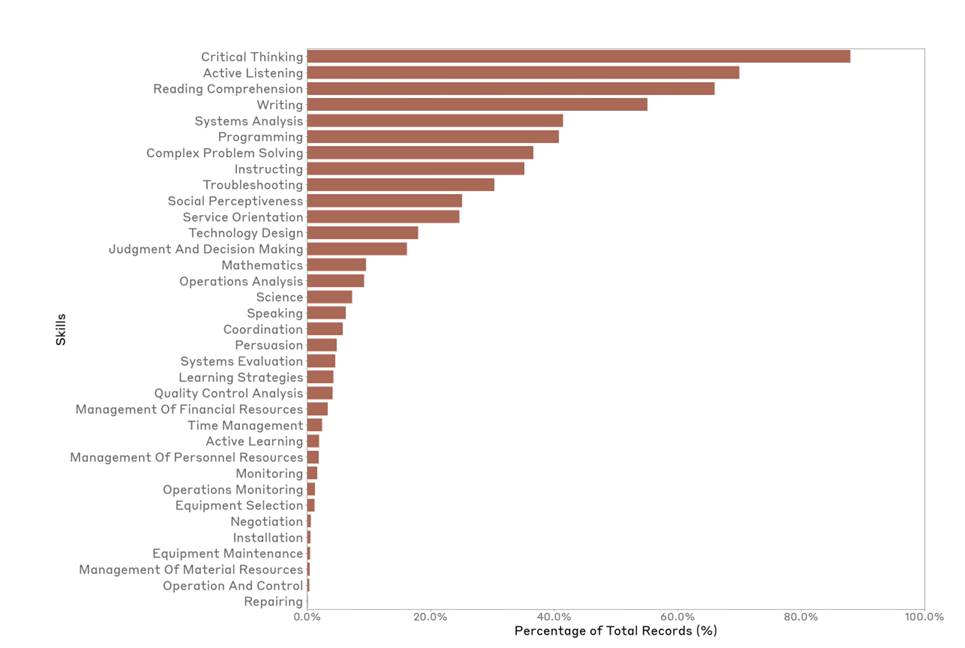
According to “Which Economic Tasks are Performed with AI? Evidence from Millions of Claude Conversations,” among the 35 occupational skills defined by O*NET, Claude (as an AI assistant) most frequently displayed cognitive skills such as critical thinking, reading comprehension, programming, and writing in its conversations. In contrast, skills related to physical tasks — installation, equipment maintenance, repair — appeared very infrequently.
The analysis targeted tasks that occurred via a system called Clio with at least 15 conversations and were initiated by five or more distinct users; privacy protections were applied. However, the presence of a skill in Claude’s responses is only based on whether that skill appeared within the AI’s reply, and it does not evaluate whether that skill was the user’s primary objective or whether it was executed in a professional manner.
For example, active listening ranks highly, but that may reflect Claude’s standard conversational style rather than a measured competency.
2. Claude’s characteristics
Claude is an AI model that prioritizes safety and human-centered design and exhibits the following characteristics:
2.1 Safety via Constitutional AI
Anthropic’s proprietary Constitutional AI guides responses according to ethical guidelines (for example, principles aligned with the UN Universal Declaration of Human Rights). This minimizes risks of misinformation and harmful content and contributes to corporate trust. It is also compatible with Japan’s APPI (Act on the Protection of Personal Information).
2.2 Natural conversation and contextual understanding
Claude can understand complex instructions and long contexts to produce natural dialogue. For example, it can summarize contracts or propose marketing campaign ideas while accurately reflecting the user’s intent. This quality makes it approachable for non-technical users.
2.3 Enterprise-grade features
Claude offers enterprise features such as a 500,000-token context window, GitHub integration, single sign-on (SSO), and role-based access control. It can handle large codebases and document sets and strengthen team collaboration.
2.4 Multimodal capabilities
In addition to text, Claude can process images and PDFs — for example, analyzing charts in market reports or interpreting customer feedback images. It also offers voice modes suitable for mobile use.
3. How Claude differs from other AI models
Claude is often compared with ChatGPT, Microsoft Copilot, DeepSeek, Grok, and others. Below are differentiation points from a business perspective:
| Item | Claude | ChatGPT | Copilot | DeepSeek |
|---|---|---|---|---|
| Platform | Standalone, integrates with many tools | General-purpose, API-centric | Microsoft 365–focused | Open-source, API-centric |
| Safety | Constitutional AI, enterprise-grade | Basic protections; opt-out sometimes required | Enterprise-grade | China-hosted servers; privacy concerns |
| Real-time data | Limited (weak web search) | Web search (paid options) | Bing, Microsoft Graph | Social/web search |
| Prompt simplicity | Requires detailed instructions | Moderate | App-dependent, concise | Concise |
3.1 Safety and ethical design
While ChatGPT is highly general-purpose, concerns have been raised about ethics and privacy in some contexts. Claude’s Constitutional AI actively avoids harmful outputs and defaults to not using customer data for model training, making it suitable for companies that prioritize data protection in Japan.
3.2 Platform independence
Copilot is tied to Microsoft 365, whereas Claude is platform-independent and can integrate with tools like Zapier, JIRA, Intercom, etc. This flexibility helps Japanese companies incorporate Claude into existing workflows.
3.3 Limitations in real-time data access
DeepSeek and Grok excel at real-time data, but Claude’s web-search capabilities are limited, so retrieving the latest information can lag. For tasks that require up-to-the-minute data, supplemental tooling may be necessary.
3.4 Prompt detail requirements
DeepSeek often works well with concise prompts; Claude tends to yield optimal results when given detailed instructions. For example, asking Claude to devise a marketing plan works best when specific targets and goals are provided.
4. 8 business use cases for Claude
Claude’s safety and flexibility drive efficiency and innovation across many industries. Below are eight concrete use cases from Japanese and global markets:
4.1 Strengthening customer support
Use Claude’s NLP to automate customer inquiry handling. Japanese e-commerce firms, for example, have used Claude to streamline FAQ responses and manage complaints. Input like “Explain the return policy” yields polite, brand-toned responses that minimize human intervention.
4.2 Planning marketing campaigns
Claude can propose campaign ideas based on market trends and customer data. Japanese advertising agencies have used it to generate SNS content and slogans. An instruction such as “Propose a youth-targeted campaign for an eco product” can produce plans including visual elements and suggested hashtags.
4.3 Code development and debugging
With GitHub integration, engineers can accelerate code creation and debugging. Japanese software firms have automated Python script error fixes via Claude Code. For example, “Identify the bug in this code and propose fixes” returns detailed explanations and solutions.
4.4 Contract and document analysis
Claude can parse PDFs and Word documents to summarize contracts and flag risks. Legal departments in Japan have used it to organize key points of English contracts into Japanese. For instance, “List the risks in this contract in bullet points” yields a concise list of important clauses and potential issues.
4.5 Supporting employee training
Claude can generate internal manuals and e-learning content. Educational institutions in Japan have used it to automatically create industry guides for new hires. The prompt “Create an introductory slide deck on the blockchain industry” can produce beginner-friendly slide text.
4.6 Data analysis and insight extraction
Claude can analyze Excel or PDF data and extract business insights. Japanese retailers have used it to analyze customer feedback and suggest improvements. For example, “From this feedback, identify customer complaints” will prioritize issues to address.
4.7 Brainstorming business ideas
Claude’s creative suggestion capabilities help generate new product or service ideas. Japanese startups use it to develop niche-market concepts. For instance, “Propose a smart device for seniors” will yield concrete features and proposed unique selling propositions (USPs).
4.8 Internal knowledge sharing and collaboration
Using Claude’s project features and large context window, organizations can centralize internal documents. A Japanese consulting firm, for example, used Claude to organize past project data to inform new proposals. Team information sharing becomes more efficient.
5. Claude pricing plans
Claude offers a range of plans for individuals through enterprises. The following is an overview of prices and features as of July 2025:
| Plan name | Monthly (USD) | Usage estimate / Features |
|---|---|---|
| Free | $0 | Basic usage with daily limits (e.g., ~20–30 requests) |
| Pro | $20 (monthly) / $17 (annualized) | ~5× Free usage (approx. 45 requests / 5 hours), latest models, Projects |
| Max (5×) | $100 | 5× Pro usage, Claude Code, priority access |
| Max (20×) | $200 | 20× Pro usage, all Max features, top-tier support |
| Team | $30 / $25 (annual) per user | Team management, sharing, collaboration |
| Enterprise | Contact for pricing | SSO, security, audits — enterprise features |
| API | Usage-based (token billing) | Flexible for development (tokens + search billing) |
Claude supports plans from free personal use up to Max, Team, Enterprise, and API options to match usage and scale.
Cost optimization tips
- Try the free plan: use it for initial evaluation and small pilots.
- Optimize prompts: clear, specific prompts reduce unnecessary retries.
- Use Team plans for multiple users to get better cost efficiency.
- Negotiate custom enterprise contracts for large deployments and dedicated support.
6. Claude’s limitations and challenges
While Claude has many strengths, it also has the following limitations and challenges:
6.1 Weakness in real-time data access
Claude’s web-search functionality is limited, so acquiring the latest news or market data can lag. Japanese companies that need real-time analysis should combine Claude with auxiliary tools.
6.2 Japanese language — specialized handling
Although Japanese support is improving, accuracy can drop for domain-specific terminology and complex honorifics. On X (formerly Twitter), some users reported that “Japanese contract analysis is somewhat shallow.” Ongoing improvements are expected.
6.3 Initial setup and learning costs
Setting up enterprise features and crafting effective prompts requires a degree of technical knowledge. For small Japanese firms, the initial learning curve can be a barrier to adoption.
6.4 Verification of generated content
Like other AIs, Claude can produce misinformation or biased outputs (hallucinations). In legal or financial contexts, a human final check is essential.
6.5 Cost scalability
Team and Enterprise plans can become costly as deployment scales. Many Japanese companies operate under budget constraints, so it’s important to evaluate return on investment before adoption.
Closing remarks
Claude’s safety- and ethics-first design offers enterprises a new choice for AI adoption. It is being used across broad operational domains — customer support, marketing, code generation, document analysis, and internal training — and is particularly attractive to Japanese financial institutions, startups, and global firms that prioritize data protection and compliance. Its flexible API and platform independence make integration with existing systems straightforward.
At the same time, limitations exist: restricted real-time data access, Japanese-language precision in specialized contexts, and potentially complex initial setup. For adoption, it is effective to trial the free plan, run prior evaluations, and invest in prompt engineering skills. Anticipated updates such as Claude 4 and stronger integration features are expected to expand its applicability to more business challenges. Strategically adopting Claude can significantly boost productivity and competitiveness.


 EN
EN JP
JP KR
KR![[For Enterprises] Claude — Corporate Adoption Rate and 8 Business Use Cases](/sites/default/files/articles/%5BFor%20Enterprises%5D%20Claude%20%E2%80%94%20Corporate%20Adoption%20Rate%20and%208%20Business%20Use%20Cases.png)


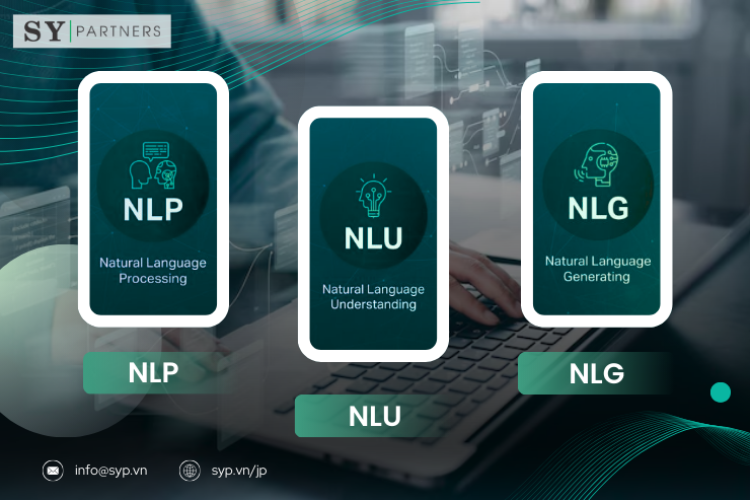
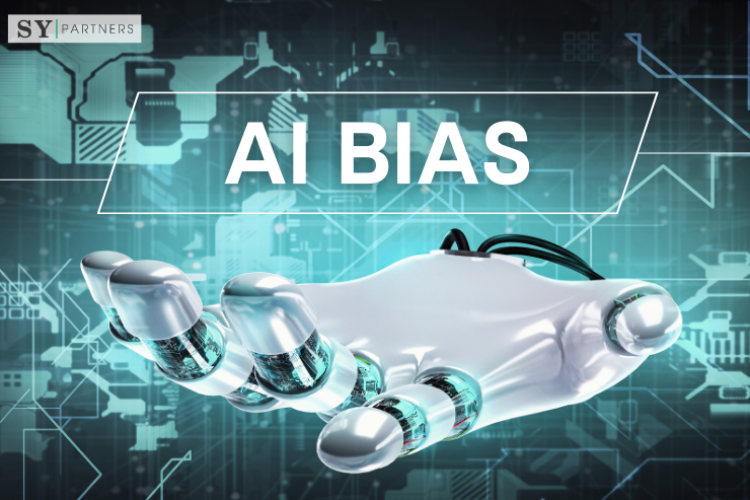
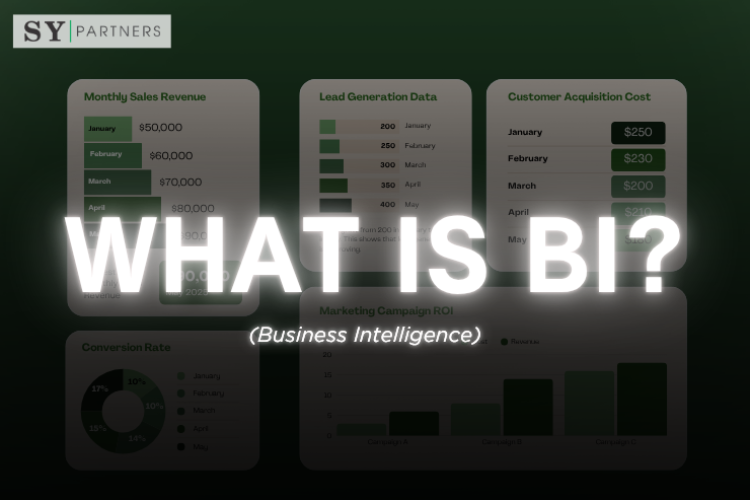
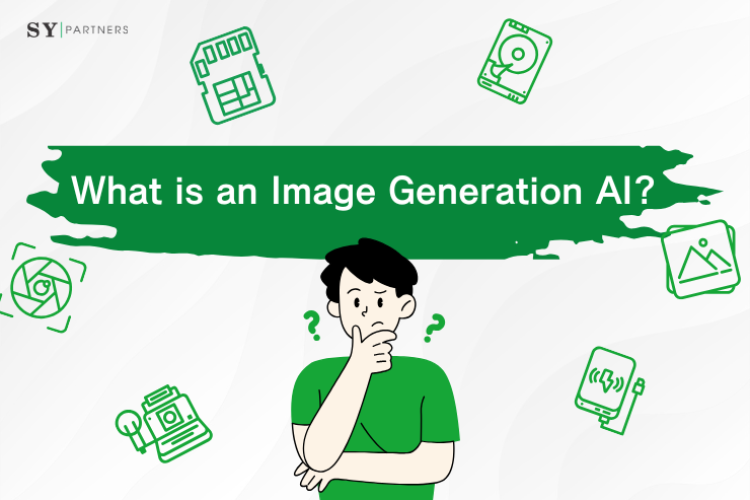

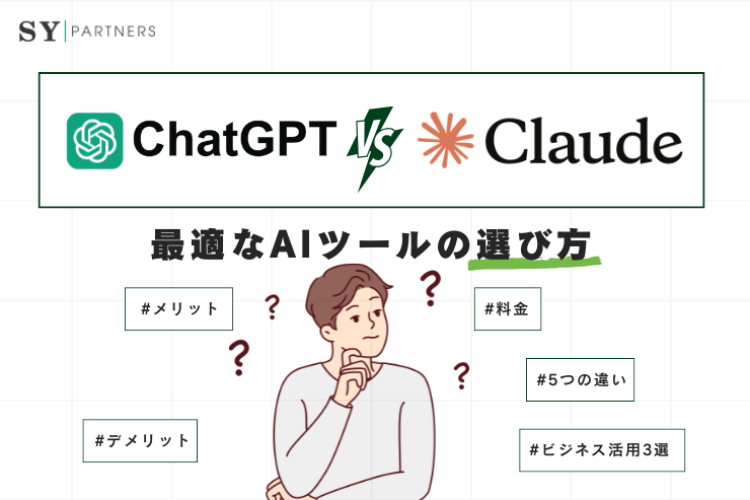


![[For Enterprises] Adoption Rate of Microsoft Copilot and 8 Key Business Use Cases](/sites/default/files/styles/medium/public/articles/%5BFor%20Enterprises%5D%20Copilot%20%E2%80%94%20Corporate%20Adoption%20Rate%20and%208%20Business%20Use%20Cases.png?itok=6MVSPst9)
![[For Enterprises] Grok — Corporate Adoption Rate and 8 Business Use Cases](/sites/default/files/styles/medium/public/articles/%5BFor%20Enterprises%5D%20Grok%20%E2%80%94%20Corporate%20Adoption%20Rate%20and%208%20Business%20Use%20Cases%20%281%29.png?itok=3Vu1lBCh)
